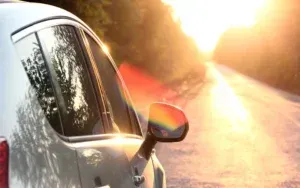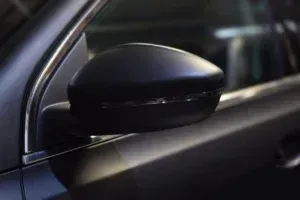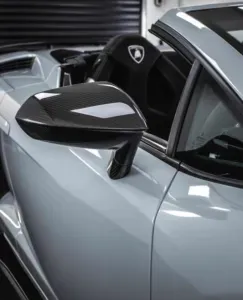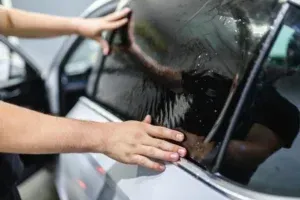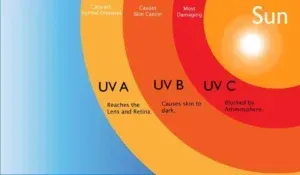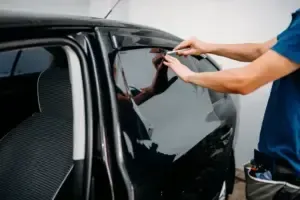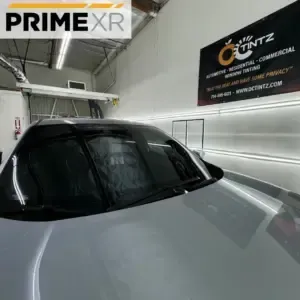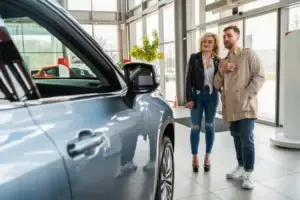Debunking Myths about Window Tinting
One of the most common priorities you should not neglect for your residential property, commercial space, or car windows is window tinting in Santa Ana. A window film is a versatile material that reduces glare, increases UV protection, enhances aesthetic appeal, and improves privacy and security.
Despite the material’s adaptability, myths about window tinting still exist. Many people tend to believe in misconceptions as they are considered explanations that answer timeless questions. But this does not mean they are legitimate.
Below are some of the most common myths about window tinting:
MYTH #1: All Window Tints are the Same
Numerous people perceive that all window films are the same. However, this is the complete opposite.
Window films have different types, and all these variations come with unique characteristics that provide many benefits. Below are the most common types of window tints:
- Ceramic Window Tint – This window film is infused with ceramic particles, a substance known to block 99% of ultraviolet (UV) rays and support window strength. In addition, ceramic window tints do not interfere with GPS or phone signals. However, ceramic window films are more expensive than other tint variations.
- Metalized Window Tint – This window tint comprises metallic microparticles that are efficient for reflecting sunlight. It is also scratch and shatter resistant. But while it is the second on the list of affordable films, its main disadvantage is it intervenes with GPS and mobile signal.
- Dyed Window Tint – This tint is the most affordable film among other materials, but can only provide little protection from UV rays. Moreover, dyed window films fade over time and are prone to scratching.
- Hybrid Window Tint – It is a combination of a dyed and metalized window film and offers the advantages of both film types. Despite being embedded with metallic particles, hybrid window films are less reflective and have less radio interference.
- Crystalline Window Tint – This tint leverages nanotechnology to offer a thin film that can efficiently block 60% of solar energy and 99% of UV rays. But its drawback is that it is expensive.
- Carbon Window Tint – This window tint is embedded with carbon, creating a dark, matte-like finish. Carbon window tint can be a great option to boost your vehicle or property’s aesthetic appeal. However, its main disadvantage is it creates glare and haze.
MYTH #2: Tinted Windows Cannot be Cleaned
Many people believe you are not allowed to clean tinted windows—another myth about window tints. The truth is you can. All you need to remember is to avoid cleaning solutions and tools that can damage window tints.
The right approach, materials, and tools to cleaning tinted windows can keep them in pristine condition and improve their longevity. In general, using mild cleaning products and microfiber cloth is enough to remove dirt, stain, or other debris on the tint film.
Conversely, individuals must avoid cleaning tinted windows with abrasive tools, such as steel wool and scouring pads, as these may leave scratches on the tint film.
MYTH #3: Window Tinting is Illegal
Many refuse to install window tints because of this myth. While most states have their own regulations on car window tinting, they do not generally prohibit vehicle owners from installing tint films on their cars.
What these regulations entail is there should be a limit on the darkness of window films installed on vehicles. This is in line with the California Vehicle Code Section 26708, which stipulates that a person should not drive any vehicle with any object or material placed, displayed, installed, affixed, or applied upon or in the automobile that can obstruct or reduce the driver’s visual performance.
The California window tinting law states that window tint films on the top 4 inches of the front windshield and the front side windows must have 70% visible light transmission (VLT). The window tints shall not have colors (red, amber, blue) and be more reflective than a standard glass window.
It is imperative to be aware of the regulated shade of window tint to avoid penalties. California’s first offense carries a $25 fine and an order to remove the window film. Consequently, violators could still be hit with an infraction and issued with a fine of up to $197.
MYTH #4: Breaks the Glass Windows
Another common misconception about car window tinting is it can break glass windows. Breakage may happen due to thermal stress, which occurs when glass is exposed to too many heat variations.
For instance, the center of the glass window gets direct or concentrated amounts of sunlight and heat compared to the edges. This excessive energy will warm the center of the window and cause it to expand. This will also put pressure on the cooler edges to expand. When the thermally induced stress on the glass center exceeds the strength of the glass edges, breakage occurs.
But the overall causes of thermal stress are these common factors:
- Internal or external shading
- Glass history
- Glass shape or size
- Indoor and outdoor temperature
At present, window tinting products available in the market have improved features that can reduce the likelihood of glass breakage due to thermal stress.
Moreover, the only thing individuals must do to prevent triggering thermal stress is to avoid installing ¼ thick window tints. Also, installing films on a hardened window sealant and chipped or damaged glass is not advisable.
Conclusion
Although window tinting has many advantages, many people are still hesitant to invest because of the abovementioned myths. But you have to remember that these misconceptions are only notions with no factual basis. Hence, debunking them is the only way to enjoy all the benefits window tinting has. But if you are still confused due to these myths, consulting a professional may help you decide.
OC Tintz is a reliable window tint company that can offer you not only quality tints but also correct information about window tinting. Besides the excellent service and premium products, we can also guarantee to guide you throughout the window tinting process.
Contact us through our official number at 714-485-6121, or fill out our contact form for your window tinting concerns.
